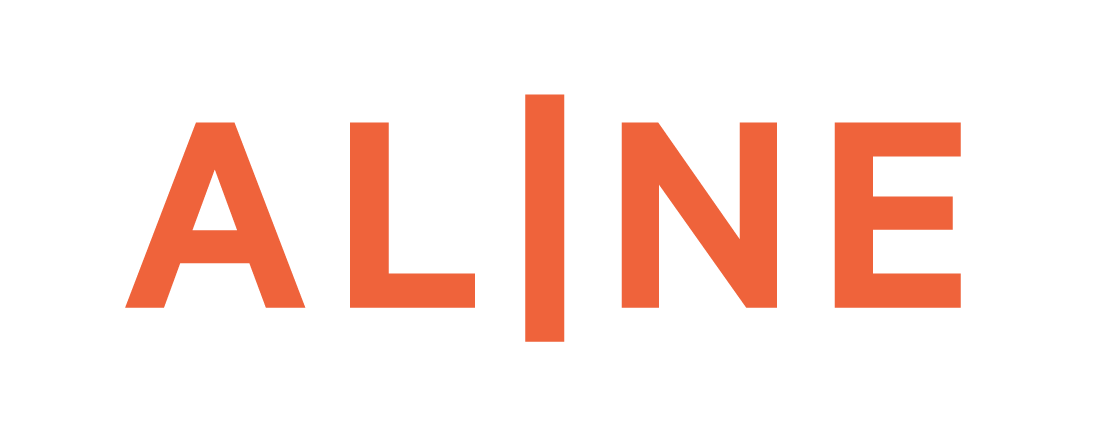Client: SNV
When: 2017-2018
Dairy is an important sub-sector within Ethiopia's national Agricultural Growth Plan. SNV has been working in close collaboration with the Ethiopian Ministry of Livestock and Fisheries to support inclusive dairy value chain development in the country through the EDGET project. The EDGET project, funded by the Embassy of the Kingdom of Netherlands (EKN), was implemented in the Amhara, SNNP and Oromiya regions of Ethiopia, with the following objectives (1) To enhance sustainable dairy production, productivity, input supply and services; (2) To increase processing and marketing of dairy products; (3) To contribute to development of institutions and to dairy sector-wide initiatives; (4) To develop a knowledge base on dairy related issues and; (5) To improve nutritional status of children through dairy consumption.
ALINE worked closely with DAB-DRT to design and implement the final evaluation of SNV's EDGET project. This mixed method evaluation comprised of a household survey, a series of in-depth case studies of 5 woreda level value chains covering all key actors, additional KIIs with relevant regional and national actors, with the compilation of secondary data. It focused, in particular, on assessing the relevance, effectiveness and sustainability of EDGET interventions associated with key dairy value chain sub-systems – including the extension system, the input supply system, the forage production and seed system, and the output market system.
The evaluation found that the project had enjoyed considerable success in developing and demonstrating relevant models for supporting smallholder dairy farmers in the value chain, most of which showed significant potential in terms of sustainability. However, a number of key challenges were also identified, including the sustainability of dairy farmer farmer groups, weak forage seed systems (for continuity of supply), underdeveloped formal output markets for milk and milk products and a set of constraints related to input supply and the enabling environment.
The findings were presented in a validation workshop attended by key project stakeholders to review and discuss the implications of the evaluation findings. The analysis led to recommendations focused on segmentation of value chain approaches and interventions based on context; paying greater attention to the role of markets in dairy value chain development; the importance of addressing interdependencies between dairy value chain subsystems; and the establishment of a more outcome- and learning-oriented M&E system to help focus on bottlenecks/gaps and to increase integration. These suggestions have been taken up in discussions regarding a second round of EDGET that aims to work on inclusive dairy value chains in Ethiopia on a larger scale.
Please note that this evaluation was sponsored by SNV and financed by the Embassy of the Kingdom of the Netherlands (EKN). This article does not necessarily reflect the views of SNV or the Embassy of the Kingdom of the Netherlands. ALINE Impact Limited will take responsibility for any claims arising from the information published on this article.’

